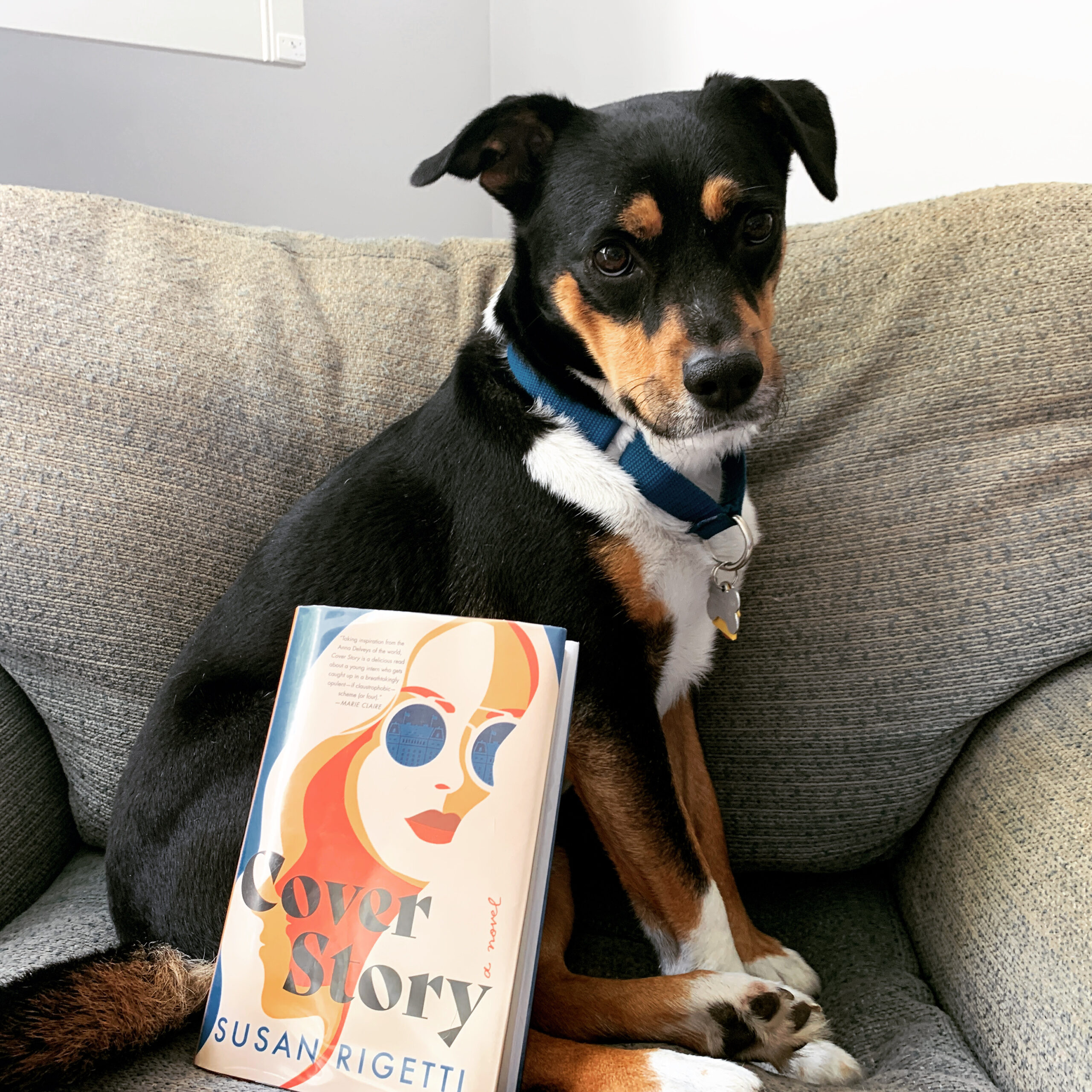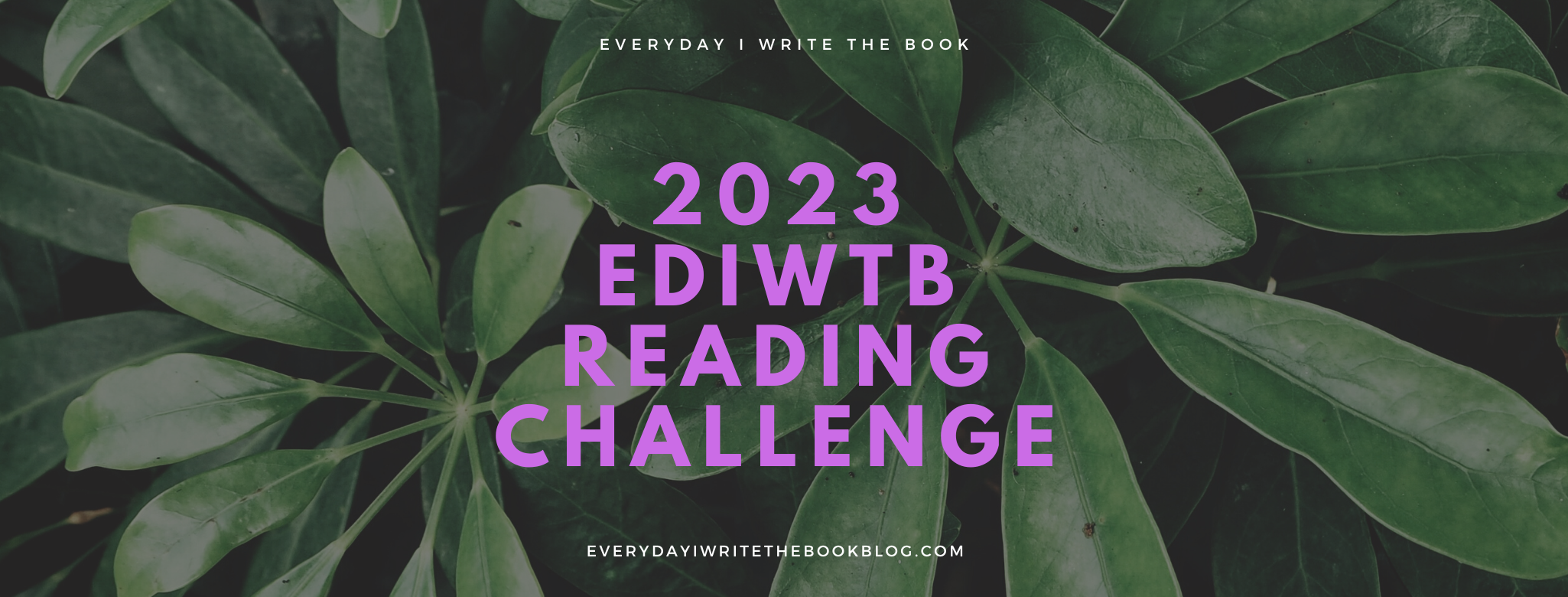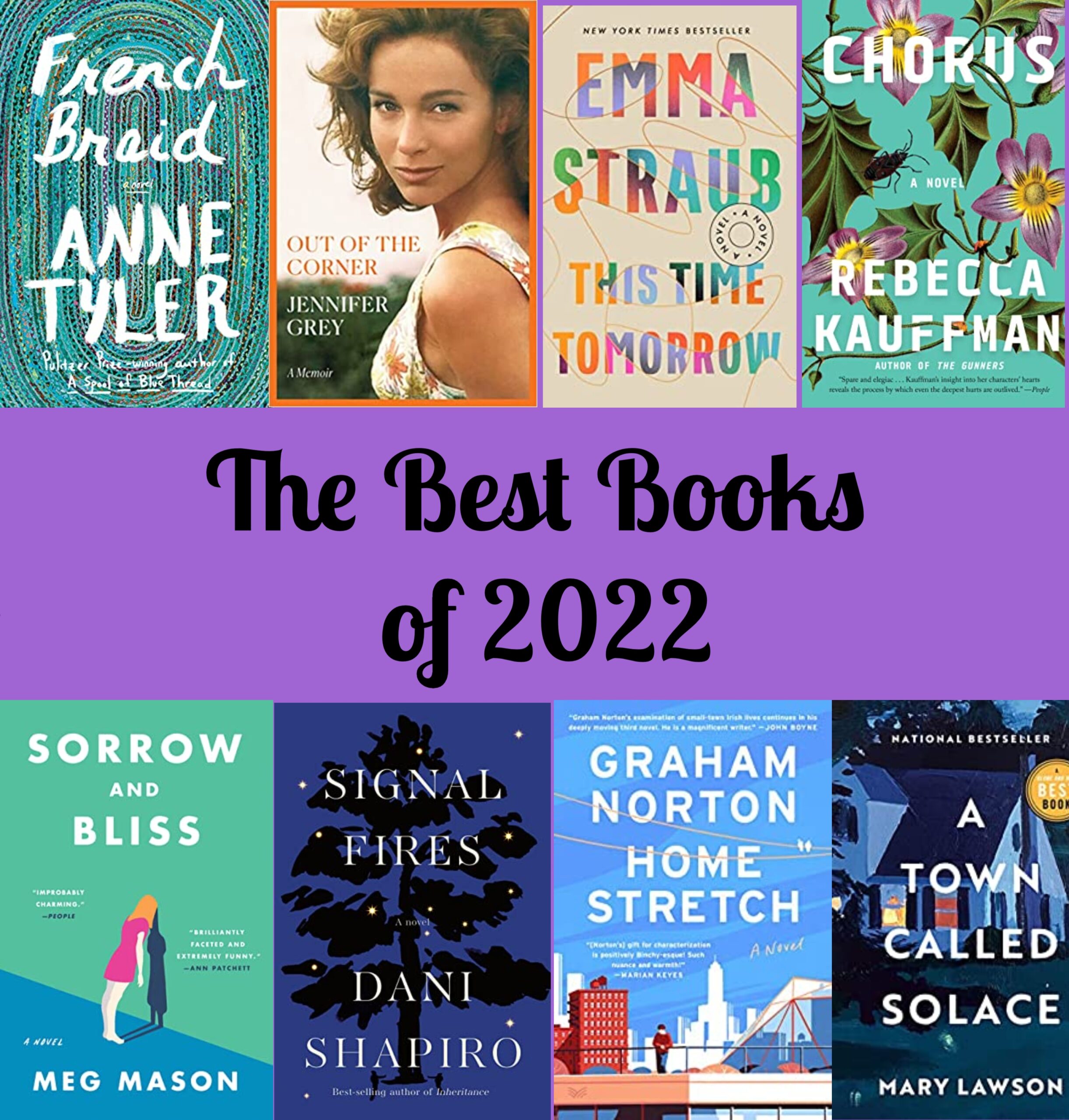Over the last 18 months or so, I’ve layered in audiobooks along with my book reading. I always have an audiobook and a paper book going at the same time, which has allowed me to read more books per month, despite my short commute time. EDIWTB reader and redesigner Lauren suggested that I write a post about the difference between reading and listening to a book, which I think is an interesting topic. (Thanks for the suggestion, Lauren!)
I must start out by saying that I never, ever listen to an audiobook unless I also have the paper version of the book to follow along with. So even when I listen to a book on audio, I am most likely also reading some of it on paper as well. I do this for a few reasons – 1) if there is something I want to reread or experience again, I can just flip through the book and find it rather than having to try to find it on audio; 2) sometimes I miss things on audio – how names or locations are spelled, a long passage or conversation, etc.; and 3) most important, I don’t always trust the audio interpretation of the book and want to confirm or augment that interpretation by reading at least part of the book myself.
Audio can be great. It can bring characters to life. It can be more memorable than reading, because when I think back on audiobooks I’ve experienced, I have the memory of the narration as well as the story itself. And it makes my time in the car more productive!
But audio has limitations. First, the reader is totally beholden to the narrator’s interpretation of how a character sounds. The Marriage Plot (reviewed here) and Her Fearful Symmetry (reviewed here) are two recent examples of audiobooks where I found the narration of certain characters to be so annoying that it detracted significantly from the story. If a narrator can’t do women well, or just has an annoying voice, then there’s no question that it impacts the enjoyment of underlying book.
Second, the narrator might emphasize a different word in a sentence than the reader would while reading the same sentence, or might use a different tone of voice than a reader would have imagined when reading a passage. Of course, that’s the beauty of reading – the experience is subjective and varies from reader to reader, and books are subject to multiple interpretations. But with an audiobook, you’re stuck with the narrator’s version of the story.
I used to worry that I wouldn’t be able to pay attention to audiobooks – that my mind would wander as I listened and that I wouldn’t really focus on the story. That hasn’t proven to be the case, unless a passage is really boring or irrelevant. And in that case, it would probably happen with the book too.
My favorite narrators are authors – I *love* hearing an author read his or her own words. Then I know for sure that the narration is on track with what the author intended! A great example of an author-read book is The Unnamed, by Joshua Ferris. Loved his narration – haunting.
So that’s my take on audiobooks vs paper books. Do you listen to audiobooks? If so, do you find the two experiences different?












About Me
I have been blogging about books here at Everyday I Write the Book since 2006. I love to read, and I love to talk about books and what other people are reading.